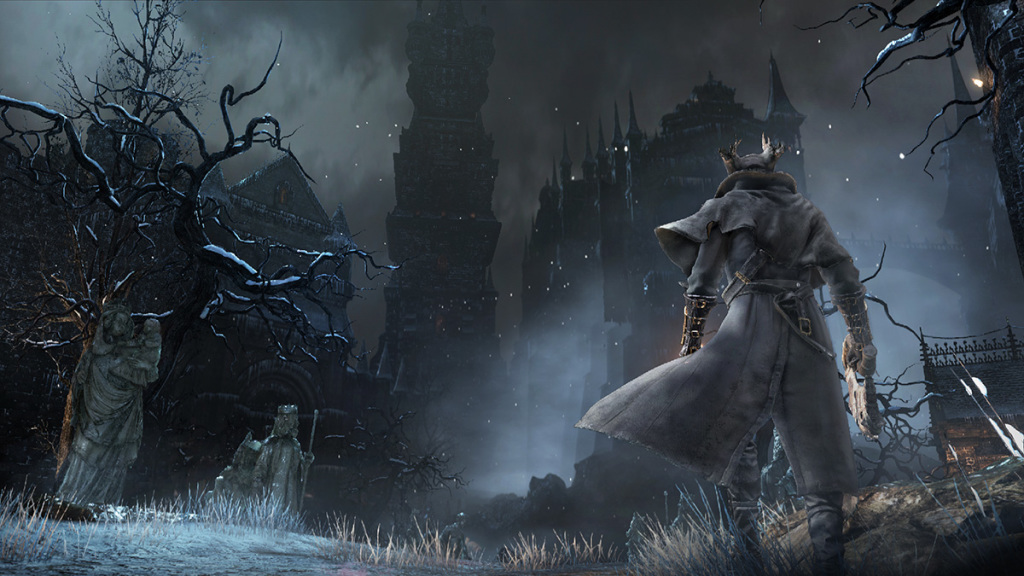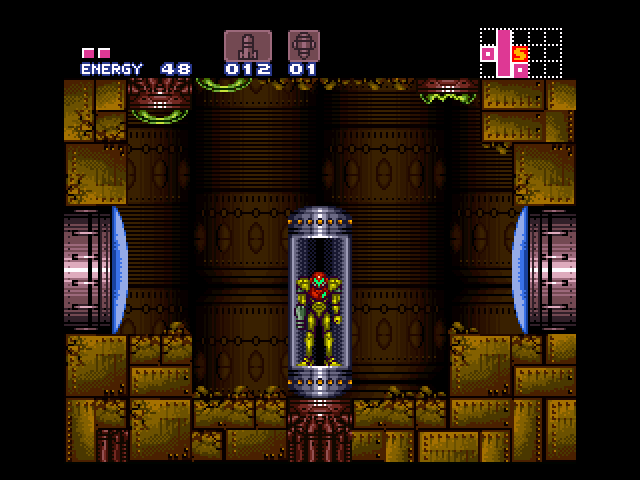
Difficulty has always been an interesting subject when talking about video games. Some people have no problem playing a single-player campaign on Easy or Normal mode. A lighter challenge they can enjoy the game’s’ storyline and world without running into a barrier or getting slowed down by the gameplay. Others, however, cannot gain satisfaction from a game if it doesn’t test their skills and push them to get better and better.
This is the reason gamers today still have respect for classic titles like Super Metroid, Ghouls ‘n Ghosts, and Battletoads. In fact, some of the most popular titles today are admired for being more difficult than the average game. This includes big-budget titles like the Dark Souls series and Bloodborne as well as indie favorites like Super Meat Boy, Cave Story, and Braid.
But for all these “hard” games that became successful, there were plenty that did the one thing that should never be done— frustrate the player into submission. The problem that every designer faces is finding a balance of difficulty that leaves the gameplay demanding yet rewarding. The following are a few ways you can avoid over-punishing your players to the point where they’re no longer having fun.
Frequent Save Points
There’s nothing more intense than working through a tough room or fighting a boss while knowing full well that if you die, you’re restarting pretty far back. While this can help suck you into the game even more, it can also serve to annoy players since they’ll have to repeatedly do the same thing over and over if they keep dying.

But with enough save points, players don’t have to facepalm every time this happens. The best part about saving is that it’s usually optional (unless you have an auto-saving feature), which means players who think they’re good enough can skip it. The ones who don’t want to spend time traversing a tortuous corridor just to reach the boss that keeps killing them don’t have to because there’s save point just outside the room.
Let Players Keep Things After Death
For some gamers, losing tons of times is all part of the process and not a waste of time at all. Each death helps them figure out what they’re doing wrong, bringing them one step closer to adapting and overcoming the challenge. For other players this isn’t enough.
They hate the idea of losing anything they earned. For example, you gain a bunch of experience points exploring a dungeon but then suffer a dumb, careless death and lose it all. It can get annoying never feeling like you’re progressing or advancing your character. Thus it might not be a bad idea allowing players to hold on to items, currency, etc. even after they die.
Don’t Slow Them Down
If there’s one thing all of us gamers have in common, it’s the urgent desire to jump back in after failure. We recognize our defeat and are ready to try another option that may be the key to overcoming the current obstacle blocking our way. The sooner we get back into it and see if we learned from our mistake, the better. It’s the reason why long tutorials are frowned upon; we just want to play!
[su_note]Learn the skills you need to succeed as a game designer at the Game Design School at the New York Film Academy by clicking here.[/su_note]
